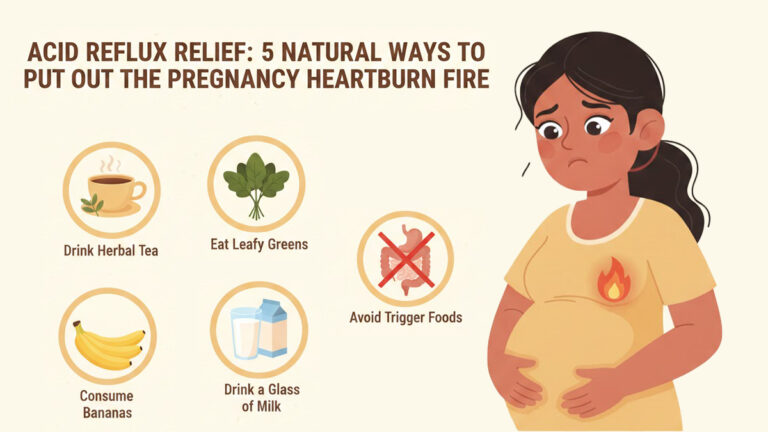Whether due to medical conditions, treatments, or personal choices, planning for the future of your fertility is important. ESHA IVF provides a range of fertility preservation options to ensure that your ability to have children is protected, no matter the circumstances.
Impact on Fertility: Understanding the Challenges
Fertility can be affected by a variety of factors, including medical treatments, health conditions, lifestyle choices, and aging.
Here’s how different factors can impact fertility:
1. Medical Conditions:
Certain medical conditions can affect reproductive organs and hormonal balance, making it harder to conceive:
- Polycystic Ovary Syndrome (PCOS)
- Endometriosis
- Thyroid Disorders
- Chronic Diseases (e.g., diabetes, autoimmune conditions)
2. Cancer Treatments:
Cancer treatments such as chemotherapy and radiation can severely impact fertility. Both women and men can face fertility challenges:
- Chemotherapy and Radiation: These treatments can damage the ovaries in women and sperm production in men, leading to infertility.
- Surgical Procedures: Surgeries for cancer treatment, particularly those involving reproductive organs (e.g., ovarian removal or prostate surgery), can also affect fertility.
3. Age:
As women and men age, fertility naturally declines. Women experience a decrease in the number and quality of their eggs as they get older, particularly after the age of 35. Men also experience a decrease in sperm quality with age, though at a slower rate than women.
4. Lifestyle Factors:
Lifestyle habits play a crucial role in fertility. Some factors that may impact reproductive health include:
- Smoking: Smoking can harm egg quality in women and reduce sperm count and quality in men.
- Obesity: Excess body weight can cause hormonal imbalances, affecting ovulation in women and sperm quality in men.
- Alcohol and Drug Use: Excessive consumption of alcohol or recreational drug use can damage fertility in both men and women.
5. Environmental Factors:
Exposure to toxins or environmental chemicals can also reduce fertility. Pesticides, heavy metals, and endocrine-disrupting chemicals can impact hormone production and reproductive health.
6. Emotional and Psychological Stress:
Chronic stress can interfere with hormone production and ovulation, making it more difficult to conceive. It is essential to address emotional well-being during fertility planning, as mental health plays a key role in overall reproductive health.
Fertility Preservation Options
For Women:
- Egg Freezing (Oocyte Cryopreservation): Freeze your eggs now to use later. This option preserves your fertility when you’re ready to start a family, even if you’re not ready to conceive yet.
- Ovarian Tissue Freezing: A method to preserve ovarian tissue, which can be reimplanted in the future, offering an option for those facing treatments that might damage their ovaries.
For Men:
- Sperm Freezing (Sperm Cryopreservation): Freeze sperm before undergoing treatments such as chemotherapy. This ensures that you can still have biological children in the future.
- Testicular Tissue Freezing: This option preserves testicular tissue, which can be used to produce sperm later if necessary.
Personalized Care at ESHA IVF
At ESHA IVF, we specialize in creating personalized fertility preservation plans. Our team of experts provides comprehensive guidance, helping you understand your options and supporting you every step of the way. We’re committed to ensuring you receive the best possible care for your future fertility needs.








